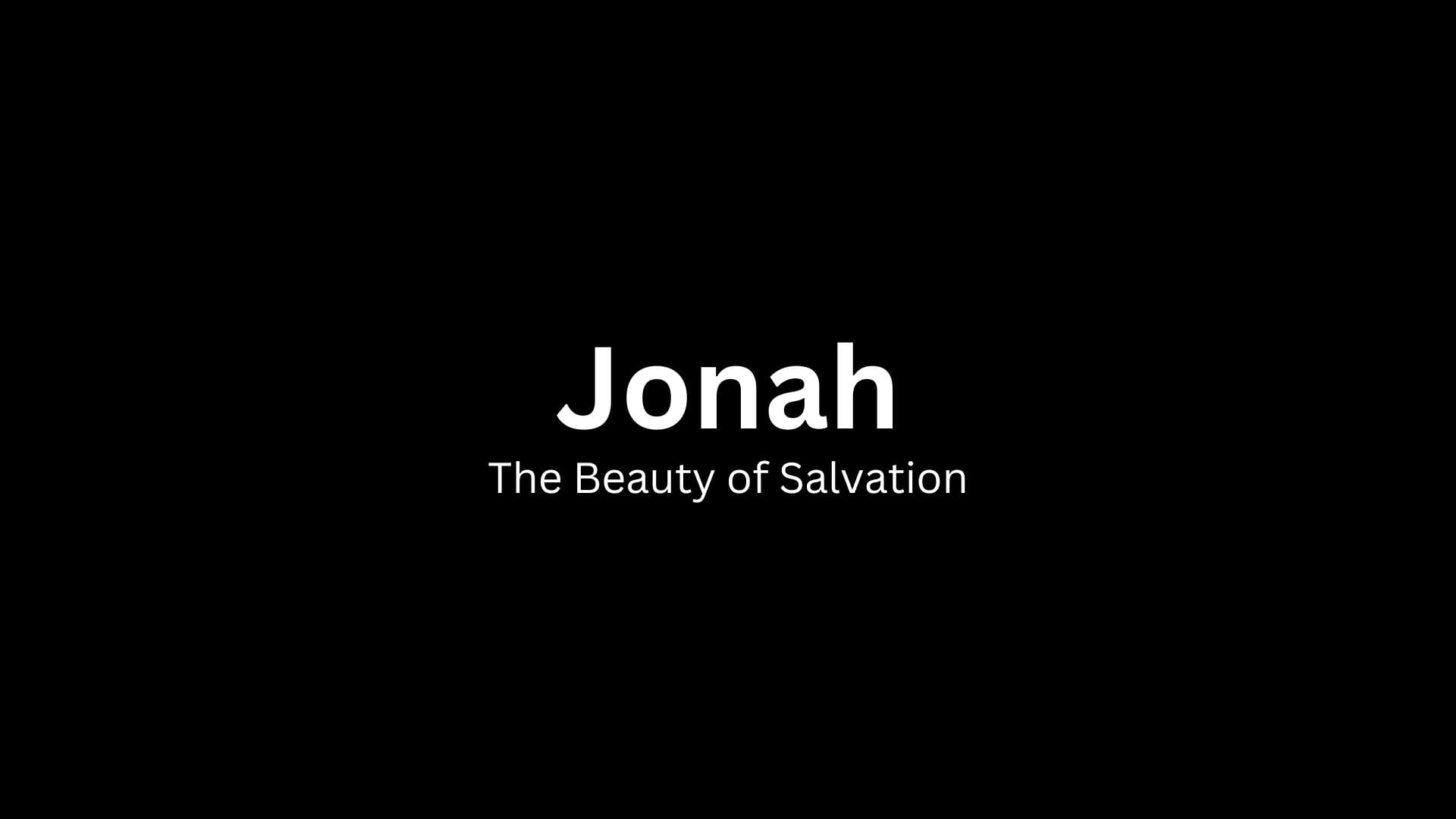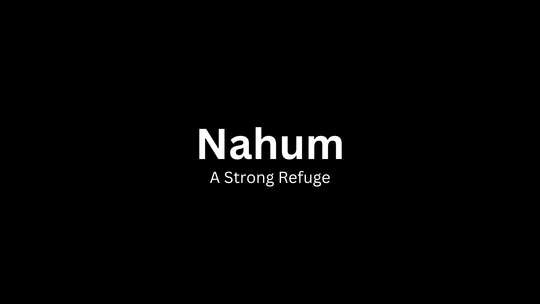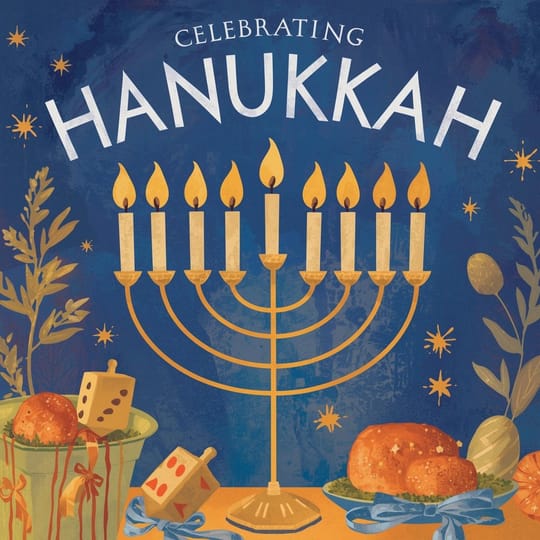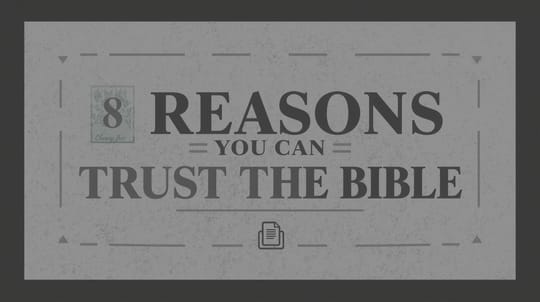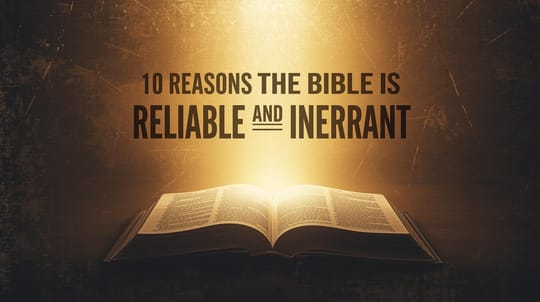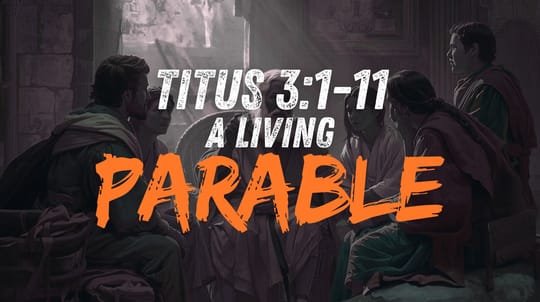Like a good detective, let's examine this book.
🔥 Overview
Jonah is a prophetic narrative about a reluctant prophet who runs from God’s call to preach repentance to Nineveh, Israel’s enemy. Through a storm, a great fish, and an unexpected citywide revival, God shows His mercy to both Jonah and the Ninevites. The book highlights God’s compassion, human stubbornness, and His heart for all nations. People today should study Jonah because it challenges us to obey God, extend mercy to others, and see His global mission beyond our personal comfort zones.
🔍 Things to Notice
- Jonah’s running vs. God’s pursuing.
- Pagan sailors and Ninevites showing more faith than the prophet.
- The great fish as God’s instrument of mercy, not punishment.
- Jonah’s prayer (chapter 2) echoing Psalms.
- The book’s ending with God’s question about compassion, left unanswered.
🙏 Jesus in this Book
(Every book reveals the glory of God, displayed in Christ Jesus)
- Jesus calls Himself the “greater Jonah” (Matthew 12:41).
- Jonah’s three days in the fish foreshadow Jesus’ three days in the tomb (Matthew 12:40).
- Jonah resists bringing good news to enemies, but Jesus embraces the cross to bring salvation to all.
- The theme of mercy for enemies points to Christ’s call to love your enemies (Matthew 5:44).
👀 Themes
- God’s mercy extends to all nations.
- You cannot outrun God’s call.
- Repentance leads to forgiveness.
- God is sovereign over creation (storm, fish, plant, worm).
- God cares more about people than human pride does.
😀 Who?
Who wrote it? Traditionally attributed to Jonah son of Amittai (cf. 2 Kings 14:25). Some believe it was written later as a prophetic narrative.
🪧 Where?
Where are we? In Israel, on the Mediterranean Sea, and in Nineveh (capital of Assyria, modern-day northern Iraq).
⏳ When?
When was it written?: Jonah lived during the reign of Jeroboam II (793–753 BC). Some argue the story was written later, but the events reflect the 8th century BC context.
🤔 What?
What is the big idea? God’s mercy is greater than our prejudices—He desires repentance, not destruction, for all people.
🧐 Why?
Why is this book important? Jonah confronts our reluctance to obey God when His call is uncomfortable or challenges our prejudices. It reminds us that God’s compassion is for the whole world, not just people like us. It pushes us to see that God delights in mercy, not judgment.
📝 How?
How can I apply it?
- Obey God’s call, even when it’s uncomfortable.
- Extend mercy instead of judgment toward others.
- Repent quickly when God convicts you.
- Share God’s love with people outside your comfort zone.
- Trust God’s sovereignty when life feels out of control.
Resources
- Bible Project: Jonah Overview (Video)
- GotQuestions: Summary of Jonah
- Blue Letter Bible: Jonah Study Tools
- Ligonier Ministries: Overview of Jonah
- Bible Gateway Plus: Commentaries on Jonah
